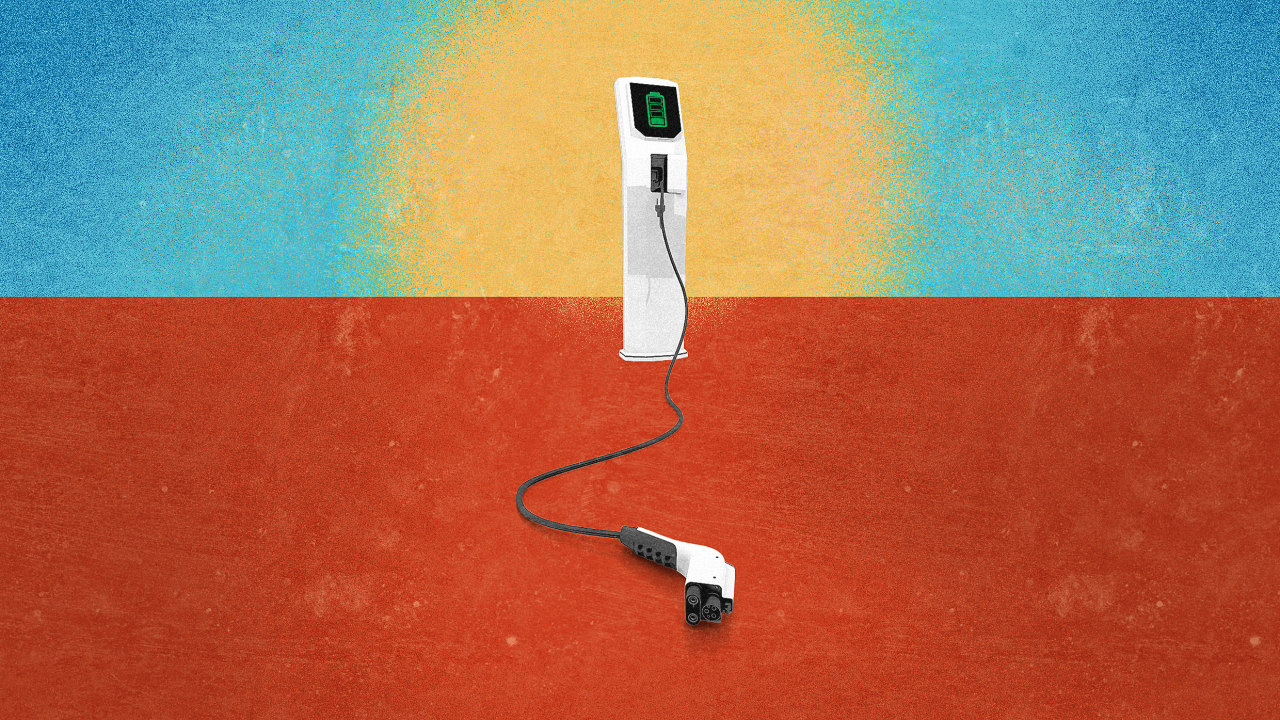Smart HVAC Choices: Enhancing Comfort and Cutting Energy Costs at Home
With HVAC systems accounting for nearly half of a home’s energy use, the shift toward smarter, more efficient technology isn’t just a trend—it’s a necessity.
In today’s energy-conscious world, homeowners and building managers are rethinking how they heat and cool their spaces. With HVAC systems accounting for nearly half of a home’s energy use, the shift toward smarter, more efficient technology isn’t just a trend—it’s a necessity. Smart HVAC choices can significantly boost comfort, improve air quality, and slash utility bills.
What Makes an HVAC System “Smart”?
Smart HVAC systems use sensors, automation, and connectivity to optimize climate control. Unlike traditional setups, smart systems learn user behavior, respond to environmental data, and can be controlled remotely via smartphone apps or integrated home automation platforms.
Features typically include:
Programmable thermostats with AI learning capabilities.
Climate control systems that enable individual temperature regulation in specific rooms or zones.
Energy consumption tracking and real-time system diagnostics.
Compatibility with solar energy systems, real-time weather data, and connected smart home platforms.
These features provide not only convenience but measurable energy savings and better indoor air quality.
Why Smart HVAC Matters for Homes and Buildings
Whether it’s a family home or a multi-unit building, comfort and energy efficiency go hand in hand. Smart HVAC systems adapt to varying occupancy levels and user preferences, automatically adjusting settings for optimal performance.
Key Benefits:
Lower Energy Bills: Smart thermostats can reduce energy use by up to 20%, according to Energy Star.
Consistent Comfort: Automated adjustments mean fewer hot or cold spots and more stable indoor temperatures.
Remote Control & Monitoring: Users can manage systems from anywhere, ideal for property managers or frequent travelers.
Predictive Maintenance: Smart alerts help catch issues before they become costly breakdowns.
Practical Smart HVAC Choices for Homeowners
When choosing a smart HVAC setup, start with your system’s core: the thermostat. Products like the Ecobee Smart Thermostat or Google Nest offer intuitive interfaces and strong integration capabilities. Pairing a smart thermostat with a high-efficiency heat pump or variable-speed furnace can compound energy savings.
Consider the following when upgrading:
System compatibility: Not all legacy HVAC systems support smart controls. A professional assessment may be necessary.
Zoning upgrades: Add dampers and smart vents for personalized room-by-room climate control.
Air quality sensors: Modern systems can monitor CO2 levels, humidity, and particulates, adjusting airflow and filtration as needed.
Voice control: Integration with smart assistants like Alexa or Google Assistant increases ease of use.
Smart HVAC for Building Managers and Developers
Commercial and multi-family buildings stand to gain even more from smart HVAC integration. Energy savings scale with size, and occupant comfort can be maintained with less manual oversight.
Best practices include:
Centralized control panels for multi-zone systems
Occupancy-based adjustments using motion sensors or scheduling software
System-wide analytics to track performance and identify inefficiencies
IoT-connected components to monitor everything from boiler health to vent airflow
For large buildings, a Building Management System (BMS) can integrate HVAC, lighting, and access control for seamless facility-wide automation.
Long-Term Value and ROI
Smart HVAC choices aren’t just about short-term comfort—they’re long-term investments. Upfront costs may be higher, but the return on investment comes through:
- Reduced monthly energy bills
- Fewer maintenance emergencies
- Increased property value
- Possible financial benefits such as tax credits or rebates for implementing energy-saving improvements.
Plus - service ac jakarta, with regulations tightening around energy efficiency and carbon footprints, smart HVAC is a proactive step toward future-proofing your property.
Final Thoughts: Making the Smart Choice
Adopting smart HVAC choices isn’t a luxury—it’s becoming a standard for homes and buildings aiming for energy efficiency and modern comfort. Whether you're retrofitting an old system or building new, the right combination of smart controls, efficient components, and professional installation can lead to substantial long-term benefits.
Investing in smart HVAC is about more than temperature control. It's about building a sustainable, comfortable, and cost-efficient future—one degree at a time.
































































![https //g.co/recover for help [1-866-719-1006]](https://newsquo.com/uploads/images/202506/image_430x256_684949454da3e.jpg)









































































